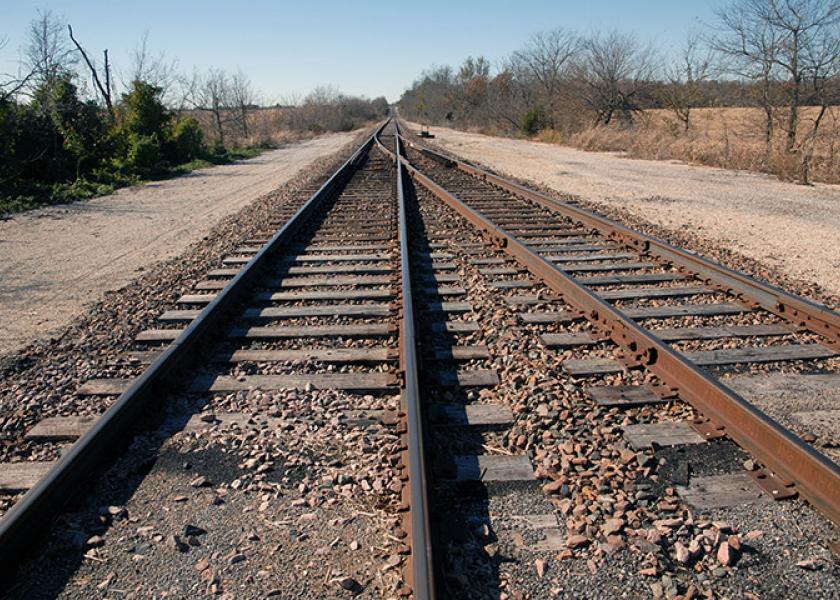U.S. Rail Strike Averted For Now As Biden Steps In Before Sunday's Deadline

As a Sunday deadline loomed in ongoing labor discussions between rail carriers and unions, U.S. President Joe Biden on Friday signed an executive order to create a Presidential Emergency Board (PEB). The move was an essential step in keeping the collective bargaining process on track, as well as keeping the nation's railways operating.
President Joe Biden had until Sunday, July 17, to appoint a Presidential Emergency Board (PEB) to investigate and make recommendations for settlement. If the Sunday deadline wasn't met, rail labor had already voted to go on strike.
“We are pleased that President Biden has taken an important step by creating a PEB to help all parties find a reasonable path forward,” says said Association of American Railroads (AAR) president and CEO Ian Jefferies. “An agreement that allows both our hardworking employees and the industry to thrive into the future remains possible.”
AAR points out the Railway Labor Act governs collective bargaining for the rail industry, which aims to help parties reach an agreement without work stoppages or disruptions to U.S. freight rail movements.
As part of that Act, the statute includes provisions to encourage successful negotiations and, when necessary, provide outside assistance, such as forming a PEB to facilitate a resolution.
Read More: Could Rail Workers Now Strike Starting Monday As Concerns Of a Feed Shortage Continue In the West?
Even with the essential step by the White House on Friday, the labor issues aren't over. Even though the president appointed a PEB before the Sunday deadline, the board now has 30 days to make settlement recommendations, and strikes are prohibited during that time. If rail carriers or rail labor reject the PEB recommendations, Congress can also intervene, but there are concerns stoppage on U.S. railways are possible this fall.
Continued issues shipping feed and other products via rail are growing more severe. Feed users already report being just days away from running out of feed, and as labor negotiations continue between the railroads and unions, a weekend deadline loomed to keep the collective bargaining process on track.
Read More: Livestock Producers Report Being Just Days Away From Running Out of Feed Due to Shipping Rail Issues
As first reported last month, rail bottlenecks in the U.S. are not improving for those in need of grain in the West. Feed users in California and the Southwest are having issues sourcing grain, with some reporting they are paying $3 over the CBOT price to secure grain by truck. Not only are feed users on the brink of running out of grain, but there are also concerns the rail issues could grow worse during harvest this fall.
The National Grain and Feed Association (NGFA) says its members have been seeing issues since late winter and early spring, which then caused the Surface Transportation Board (STB) to hold a hearing in August. While the industry thought the issues would improve by summer, labor issues are not getting better.
Foster Farms, the largest chicken producer in the western U.S., asked federal regulators to issue an emergency service order last week that would direct Union Pacific to prioritize corn shipments that thousands of dairy cattle and millions of chickens and turkeys depend upon.
”The point has been reached when millions of chickens will be killed and other livestock will suffer because of UP’s service failures,” Foster Farms wrote in its request to the Surface Transportation Board in June.







